Description
Tetrapleura tetraptera is a species of flowering plant in the family Fabaceae native to Western Africa and Central Africa. The plant is called prekese in the Twi language of Ghana to mean “soup perfume”.
Prekese is used as a spice for food and tea.
The fruit pulp is used for flavouring food especially soups, stews and sweet dishes.
The dried pods can be finely ground into a spice and added to soups. Prekese can also be chopped or broken into smaller pieces and added to dishes but large pieces of the pods are not eaten, and they are removed before serving.
Prekese possesses antibacterial and antimicrobial properties. The plant’s extract is used to produce soaps that can treat skin diseases, inflammation, and bacterial infections. Prekese can also enhance the soap’s foam, fragrance, and hardness.
Medicine: prekese is rich in antioxidants, vitamins, and minerals, it supports the immune system: being an excellent source of key vitamins such as potassium, calcium, magnesium and zinc, Aidan fruit helps to strengthen the immune system.
The fruits are used in the treatment of hypertension and headache.
Traditional African medicine is a holistic discipline involving indigenous herbalism and African spirituality, typically involving diviners, midwives, and herbalists. Practitioners of traditional African medicine claim to be able to cure various and diverse conditions such as cancers, psychiatric disorders, high blood pressure, cholera, most venereal diseases, epilepsy, asthma, eczema, fever, anxiety, depression, benign prostatic hyperplasia, urinary tract infections, gout, and healing of wounds and burns and even Ebola.
Diagnosis is reached through spiritual means and a treatment is prescribed, usually consisting of a herbal remedy that is considered to have not only healing abilities but also symbolic and spiritual significance. Traditional African medicine, with its belief that illness is not derived from chance occurrences, but through spiritual or social imbalance, differs greatly from Western medicine, which is technically and analytically based. In the 21st century, modern pharmaceuticals and medical procedures remain inaccessible to large numbers of African people due to their relatively high cost and concentration of health facilities in urban centres.
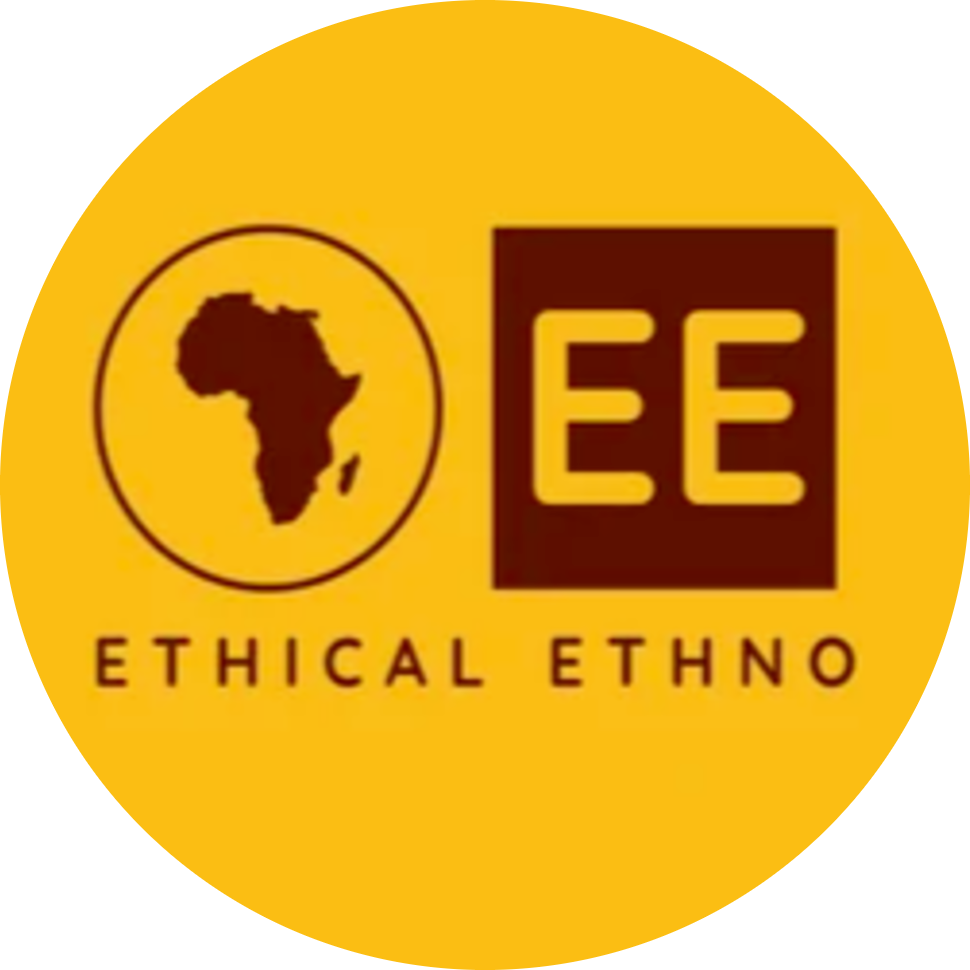
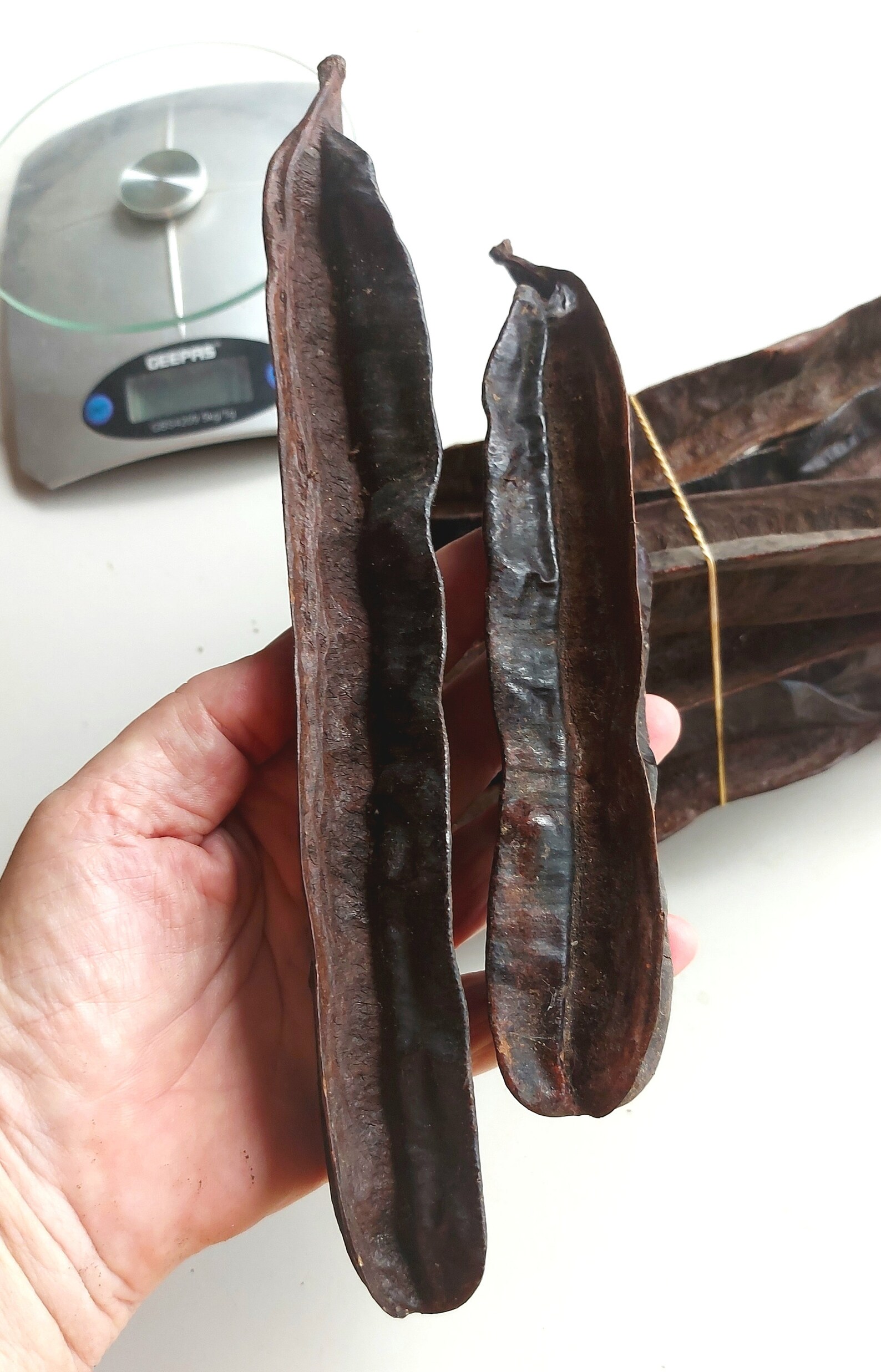
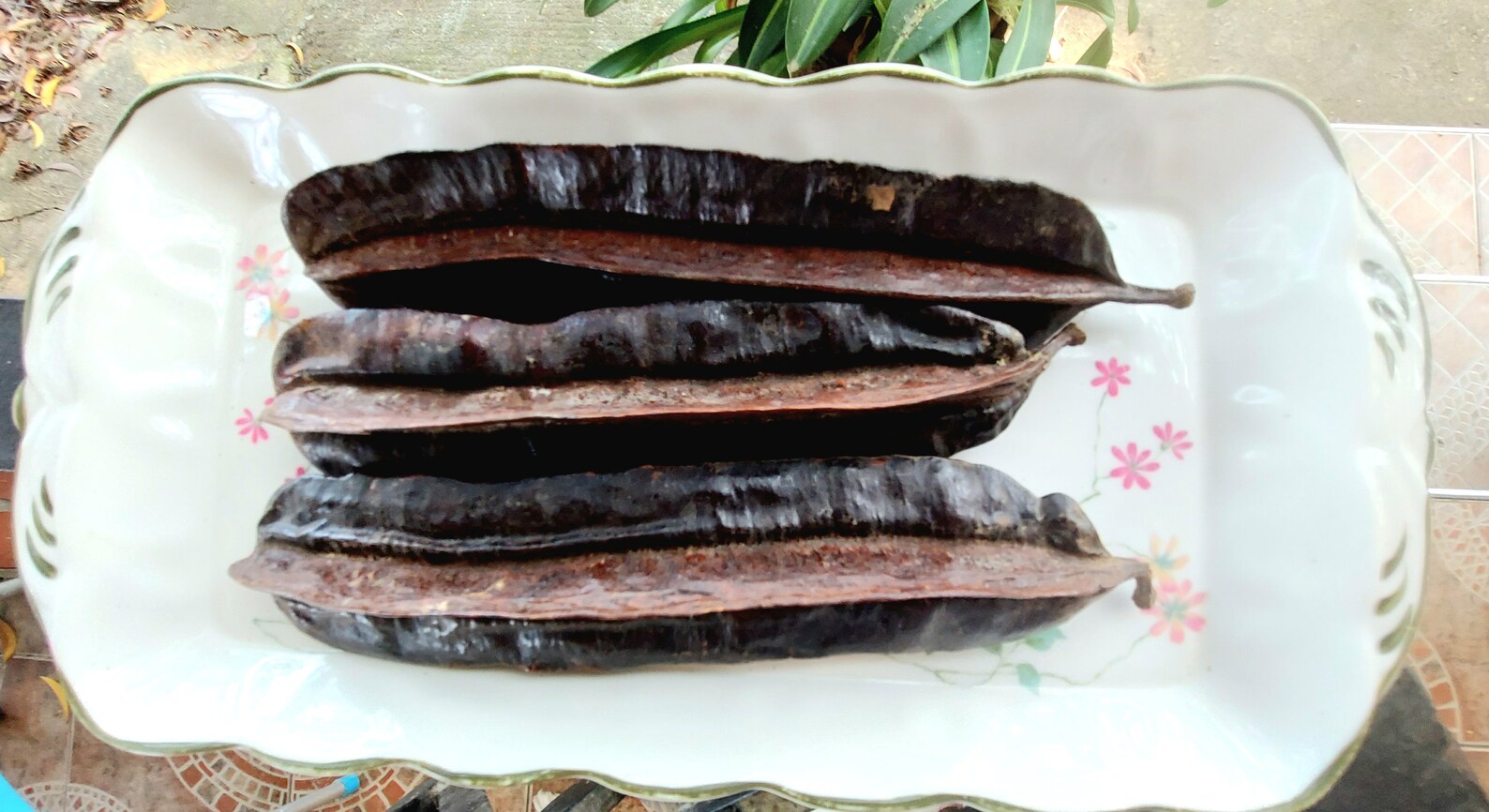
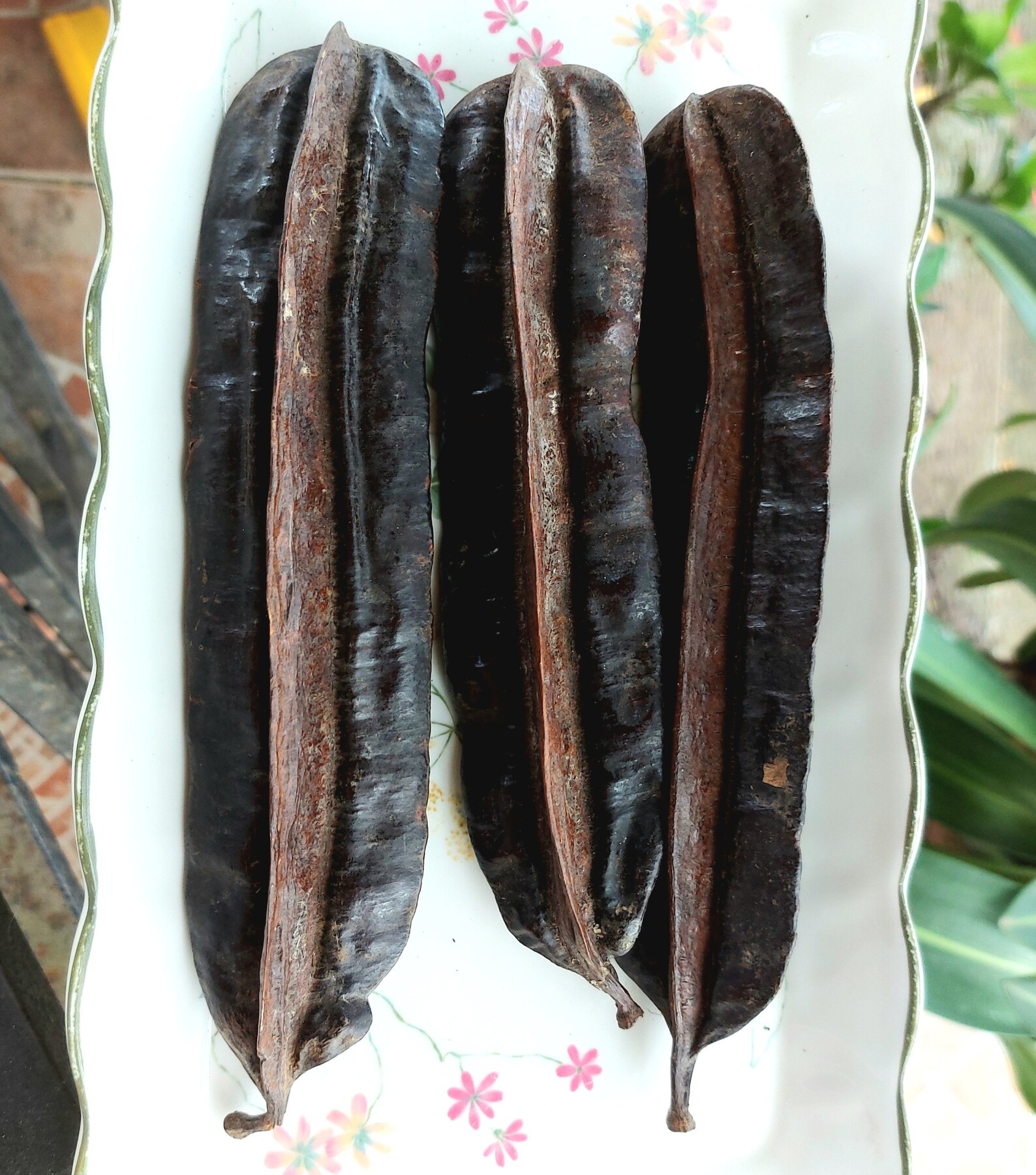
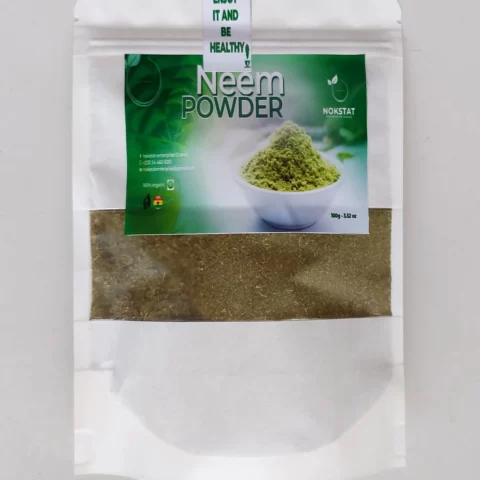
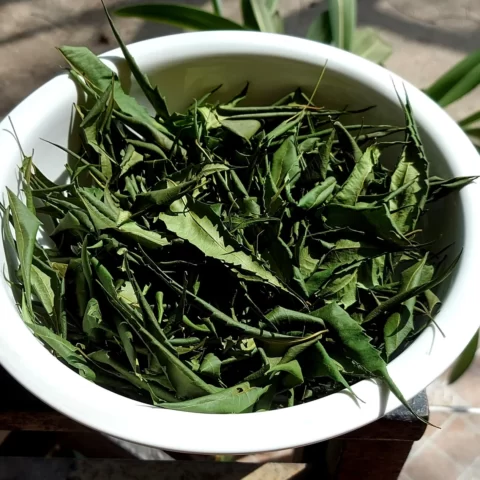
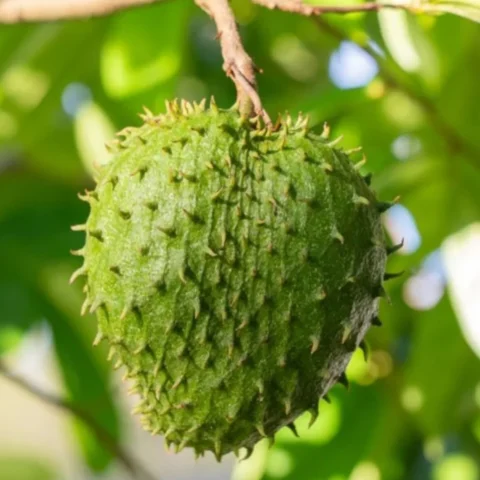
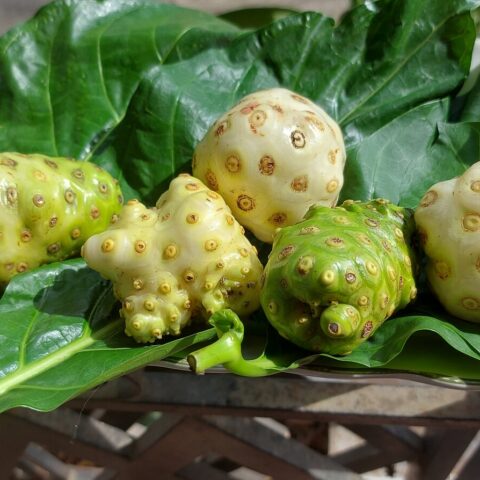
Reviews
There are no reviews yet.